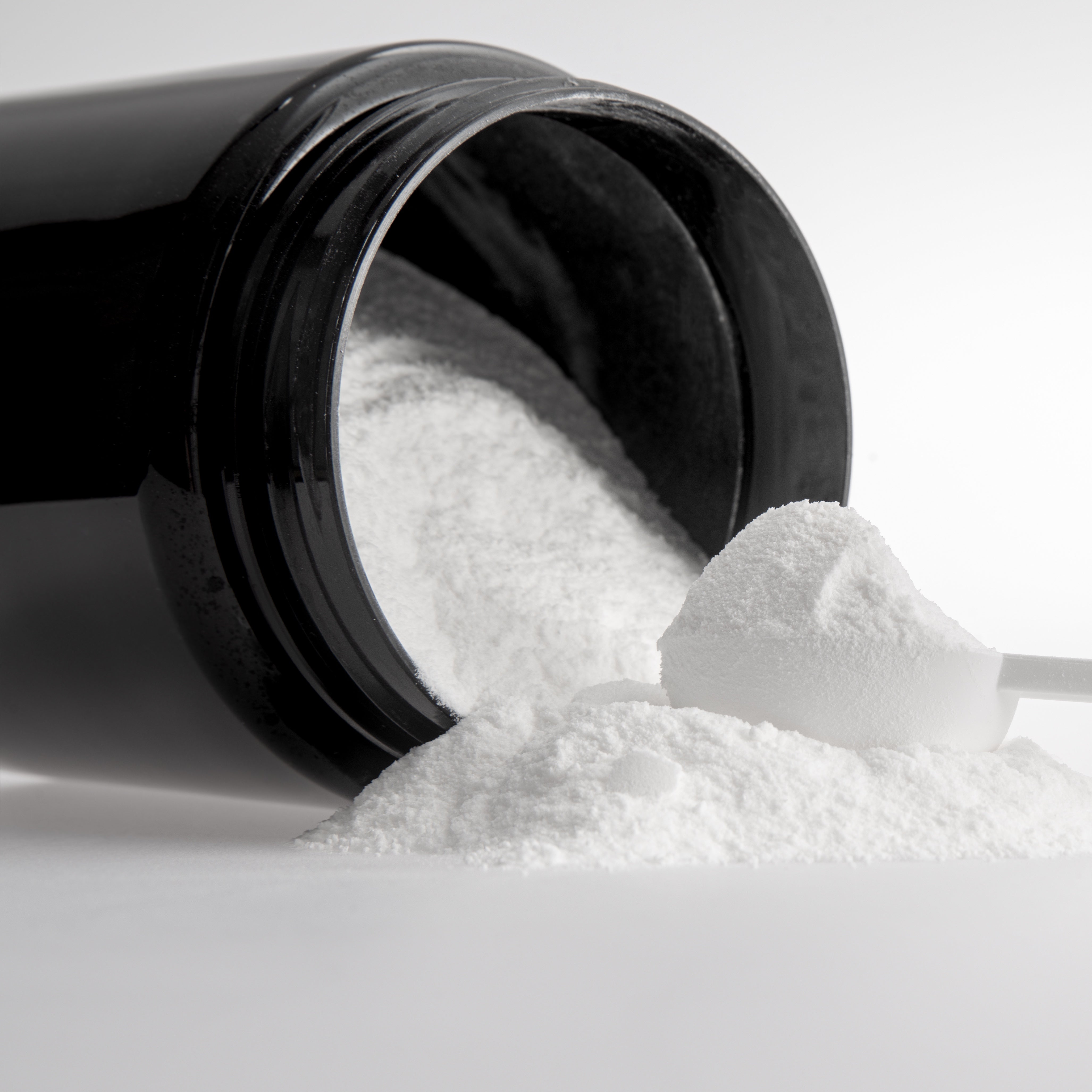What Is Creatine and Do You Need It? A Comprehensive Guide
Creatine is one of the most researched and popular supplements in the fitness world, known for its ability to enhance athletic performance and support muscle growth. But what exactly is creatine, and do you need it? In this post, we’ll explore what creatine is, its benefits, how it works, and whether it’s right for you.
What Is Creatine?
Creatine is a naturally occurring compound found in small amounts in certain foods like red meat and fish and is also produced by the body in the liver, kidneys, and pancreas. It is stored primarily in the muscles, where it plays a crucial role in producing energy during high-intensity exercise.
- Chemical Structure: Creatine is made up of three amino acids: arginine, glycine, and methionine.
- Forms of Supplementation: The most common form is creatine monohydrate, but there are other forms like creatine ethyl ester, buffered creatine, and liquid creatine.
How Does Creatine Work?
Creatine helps regenerate adenosine triphosphate (ATP), the primary energy carrier in cells, especially during short bursts of high-intensity activities like weightlifting, sprinting, and high-intensity interval training (HIIT).
- ATP Production: During intense exercise, ATP is rapidly broken down to produce energy. Creatine helps replenish ATP stores, allowing for sustained performance and delayed fatigue.
- Increased Muscle Mass: By drawing water into muscle cells, creatine promotes cell volumization, which can contribute to muscle growth.
- Enhanced Performance: With more available ATP, muscles can work harder and longer, leading to improved performance and strength.
Benefits of Creatine
Creatine offers several benefits for athletes, bodybuilders, and anyone engaged in regular high-intensity exercise:
- Improved Strength and Power: Studies show that creatine supplementation can significantly enhance strength and power output, making it ideal for weightlifting and explosive sports.
- Increased Muscle Mass: Creatine promotes muscle growth by increasing water content in muscle cells and supporting protein synthesis.
- Enhanced Recovery: It helps reduce muscle cell damage and inflammation, speeding up recovery after intense workouts.
- Cognitive Benefits: Emerging research suggests that creatine may also support brain health and improve cognitive performance, particularly in tasks requiring short-term memory and quick thinking.
How to Use Creatine
If you decide to use creatine, follow these guidelines to maximize its benefits:
- Loading Phase (Optional): Some users start with a loading phase to saturate their muscles with creatine. This involves taking 20 grams per day, divided into four 5-gram doses, for 5-7 days.
- Maintenance Phase: After the loading phase, or if you skip it, take 3-5 grams of creatine per day. This is sufficient to maintain elevated creatine levels in the muscles.
- Timing: Creatine can be taken at any time of day. However, some studies suggest taking it post-workout may enhance muscle recovery and growth.
- Hydration: Drink plenty of water throughout the day, as creatine increases water retention in muscle cells.
Do You Need Creatine?
Whether or not you need creatine depends on your fitness goals, diet, and the type of exercise you engage in:
- Strength and Power Athletes: If you’re involved in weightlifting, sprinting, or other high-intensity sports, creatine can significantly enhance your performance and results.
- Endurance Athletes: While creatine is less beneficial for endurance sports, it can still support recovery and muscle maintenance.
- Vegetarians and Vegans: Since creatine is found in meat, vegetarians and vegans may have lower creatine stores and could benefit more from supplementation.
- General Fitness: Even if you’re not an athlete, creatine can support general fitness, muscle maintenance, and cognitive health.
Potential Side Effects
Creatine is generally considered safe and well-tolerated, but some individuals may experience mild side effects such as:
- Water Retention: This can lead to temporary weight gain due to increased water content in muscles.
- Digestive Issues: Some people may experience stomach cramps, diarrhea, or nausea, especially if taking high doses at once.
Is Creatine Right for You?
Creatine is a powerful and well-researched supplement that can enhance strength, power, and muscle growth. Whether you need it depends on your specific fitness goals and dietary intake. For most people engaged in regular high-intensity exercise, creatine can provide significant benefits with minimal risk.
Consider your fitness objectives and consult with a healthcare provider or a fitness professional to determine if creatine supplementation is right for you. With the right approach, creatine can help you achieve your fitness goals and take your performance to the next level.


Share:
A Guide to Protein Supplements Beyond Whey
Unlock the Power of Clear Whey Protein: What It Is and How to Use It